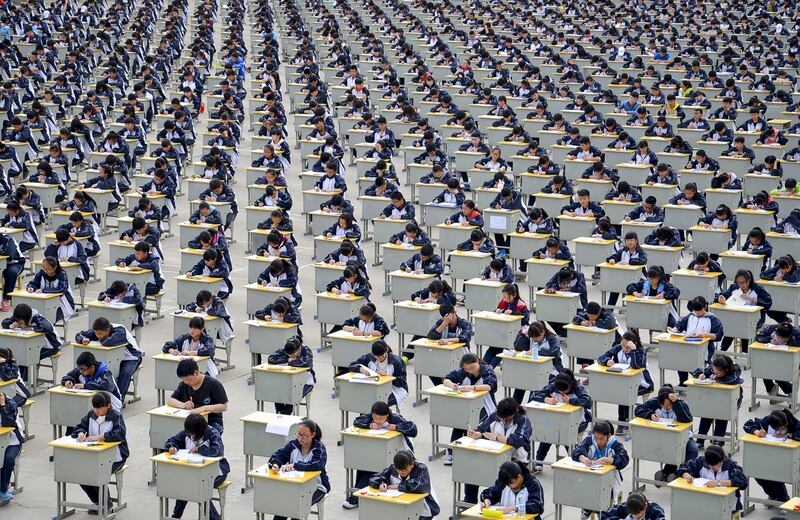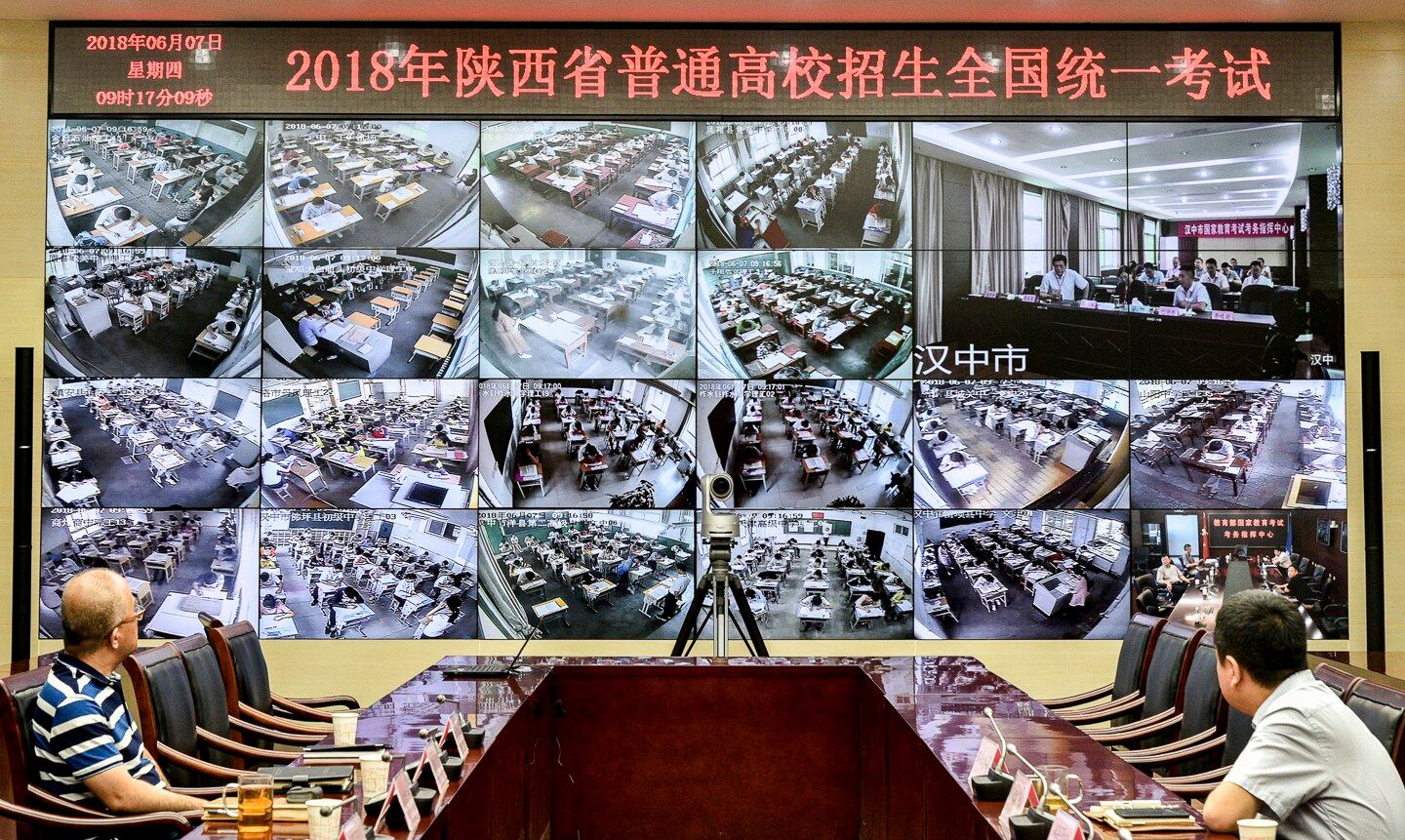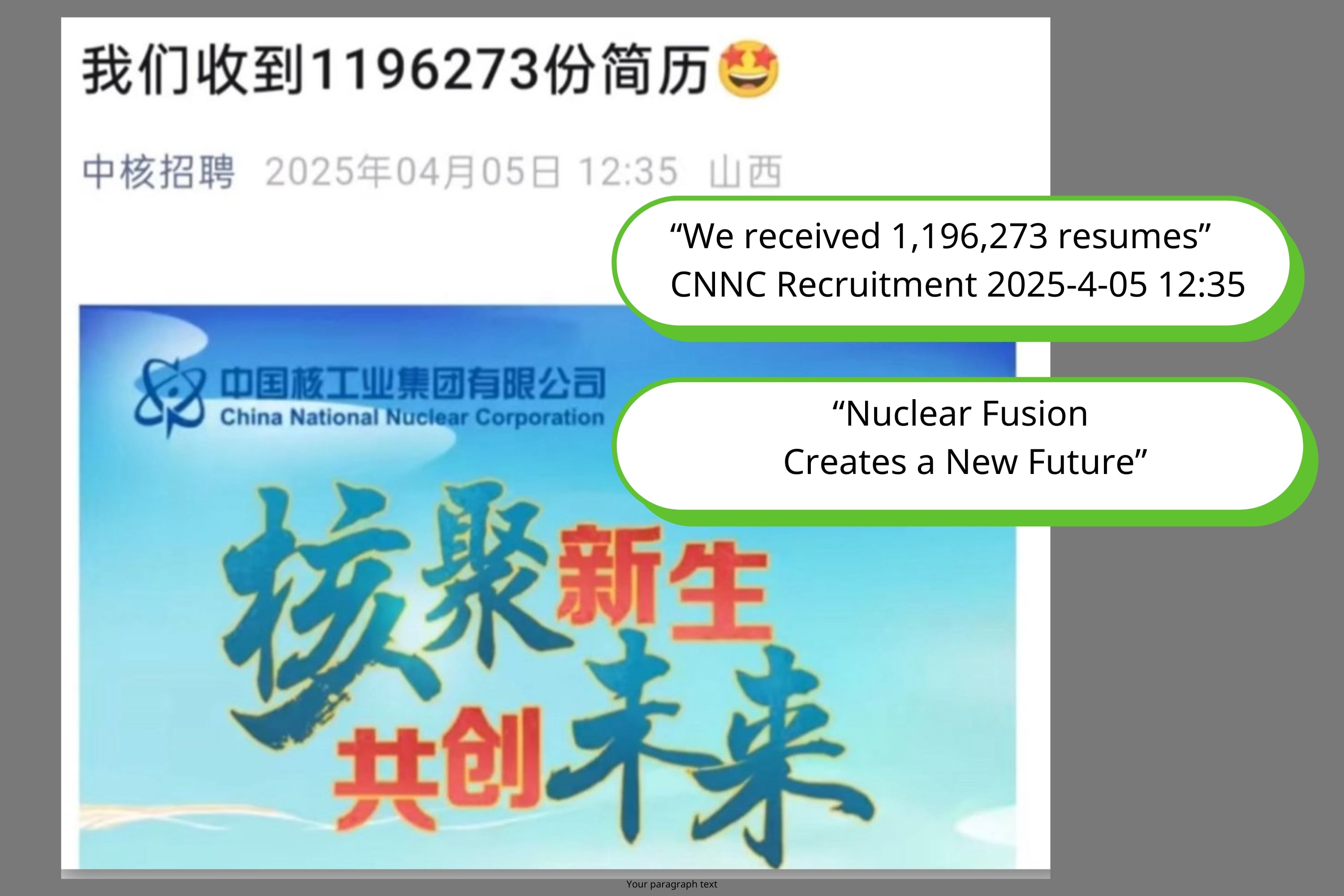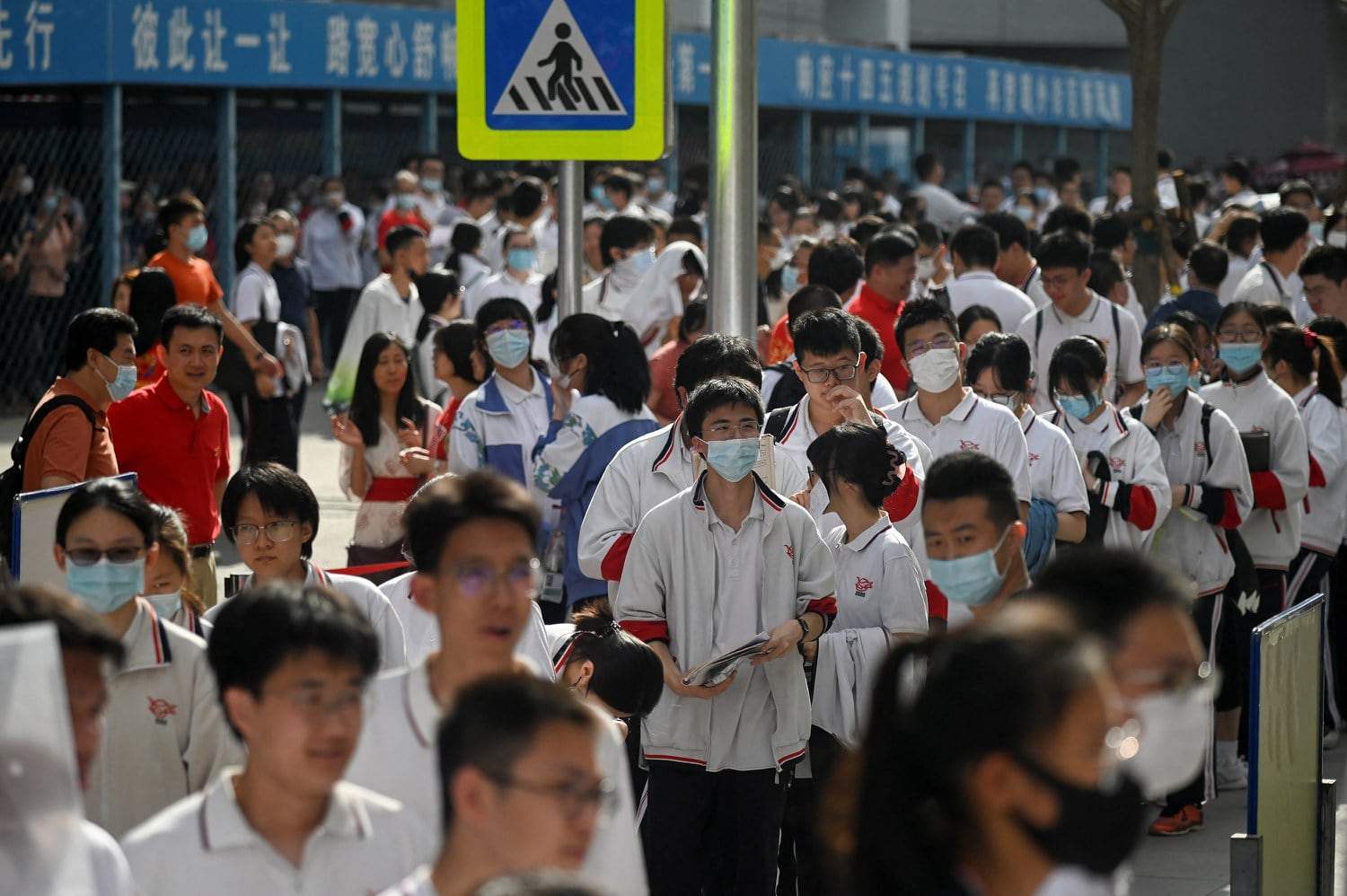An auxiliary policeman in central China’s Henan province is seeking justice for his “stolen life” after he found out an impersonator had appropriated his college entrance examination results 35 years ago to study at a medical school.
Xi Nan, 54, sat for the country’s notoriously gruelling university entrance exams, known as gaokao, in 1990. He had assumed he had fared poorly in it, when he didn’t receive an admission notice. He then applied to join the local public security system where he has served as an auxiliary police officer for 35 years.
But a chance review of personnel files by the municipal health commission of Mengzhou county-level city in 2022 had revealed that Xi’s identity had been stolen by a man who was then the vice president of a hospital in the city.
While the imposter was dismissed from his position and had his educational credentials, including his medical college qualifications, revoked by the health commission in 2022, the case has not yet been referred to the judicial department for handling, Xi told Chinese state media Modern Express last week.
Those involved in the identity theft have, so far, not been investigated according to law, which makes it hard for him to let go, said Xi on Modern Express. He is now pursuing legal action against the impersonator for foiling his dreams of going to medical college.
On April 22, Qinyang county officials announced its municipal government and the Municipal Party Committee had set up a joint team comprising the Discipline Inspection and Supervision Commission, Public Security Bureau, and Education Bureau, among other departments, to investigate the case.
Numerous cases of identity theft from students from rural and low-income backgrounds have come to light in recent years, where gaokao results – hailed in China as the great equalizer – have been used by those from more affluent, well-connected backgrounds to attend colleges and universities.

In 2018, an investigation conducted by Shandong province in eastern China found at least 242 cases of imposters who had robbed the identities of other students and used their gaokao exam results to get into colleges. Their degrees, which they received in 2002 through 2009, were revoked.
Similarly, in 2020, a woman in Shandong province sought justice after she discovered an imposter had appropriated her college entrance exam scores in 2004 to gain admission into a university. That same year, another woman in Shandong said her gaokao results had been used by an importer to get into a college in 1997.
This latest case has sparked intense debate among Chinese netizens about corruption and bribery in institutions, with many noting that students from more disadvantaged backgrounds suffer from the lack of transparency and fairness in the system.
Guo Bin, a graduate of Chongqing University of Posts and Telecommunications, said “lower class” people who are smart and hardworking are being deprived of the opportunities they deserve.
“This deprivation is not done by one person, but by people with power, such as local officials, police station chiefs, deputy county heads, and political and legal committee secretaries,” Guo, who now lives in the United States, told RFA.
Already residents in the agricultural province of Henan attribute the low undergraduate admission rate for its students, just 47%, to unfair policies that rig the system against those from poorer, rural backgrounds. In comparison, 79% of students in Shanghai and 77% in Beijing can expect the gaokao to secure them a college admission.
Last year, around 1.36 million high school students took the gaokao in Henan, the largest number from any province, city or region, in the hopes of altering their future with a college degree.
As a student from the countryside, Xi Nan said he too had believed the college entrance exam was his only way to achieve his dreams. He had thought it was fate that he had failed the exam, but had never expected that someone had robbed him of his opportunity.
“It was like a bolt from the blue, and it is hard to describe in words,” said Xi.
His imposter, Li Xi Nan, claimed his father and uncle had handled his college admission procedures at the time.
A 2022 review of cadre files by the Mengzhou Municipal Health Commission revealed discrepancies in the details provided by the impersonator, Li Xi Nan. They found that the name, date of birth, parents’ names, and study experience listed in Li Xi Nan’s high school records did not match those in his college registration form.
Several netizens questioned why this latest case had not been censored by authorities, and if it was instead being hyped up as the people involved in it had fallen out of favor with or angered those in power.
Others asked who should be held responsible.
“This reflects that China’s totalitarian system is not subject to supervision or checks and balances, especially when it comes to power-for-money deals and official-business transactions,” Chen Pokong, a current affairs commentator living in the U.S., told RFA.
“The education system colludes with officials to steal the opportunities from children of ordinary families and give them to officials’ children. This is very common in China,” Chen added.
Edited by Tenzin Pema and Mat Pennington.



